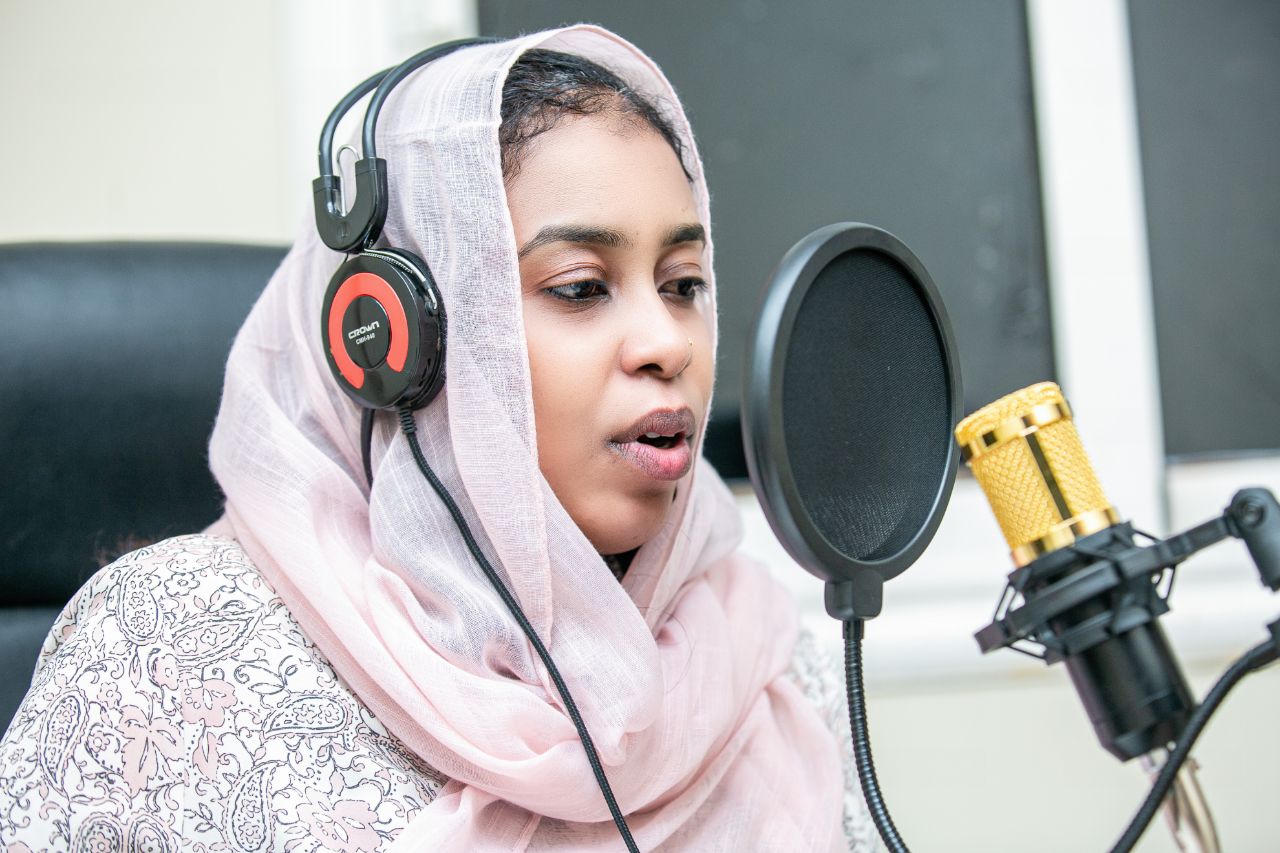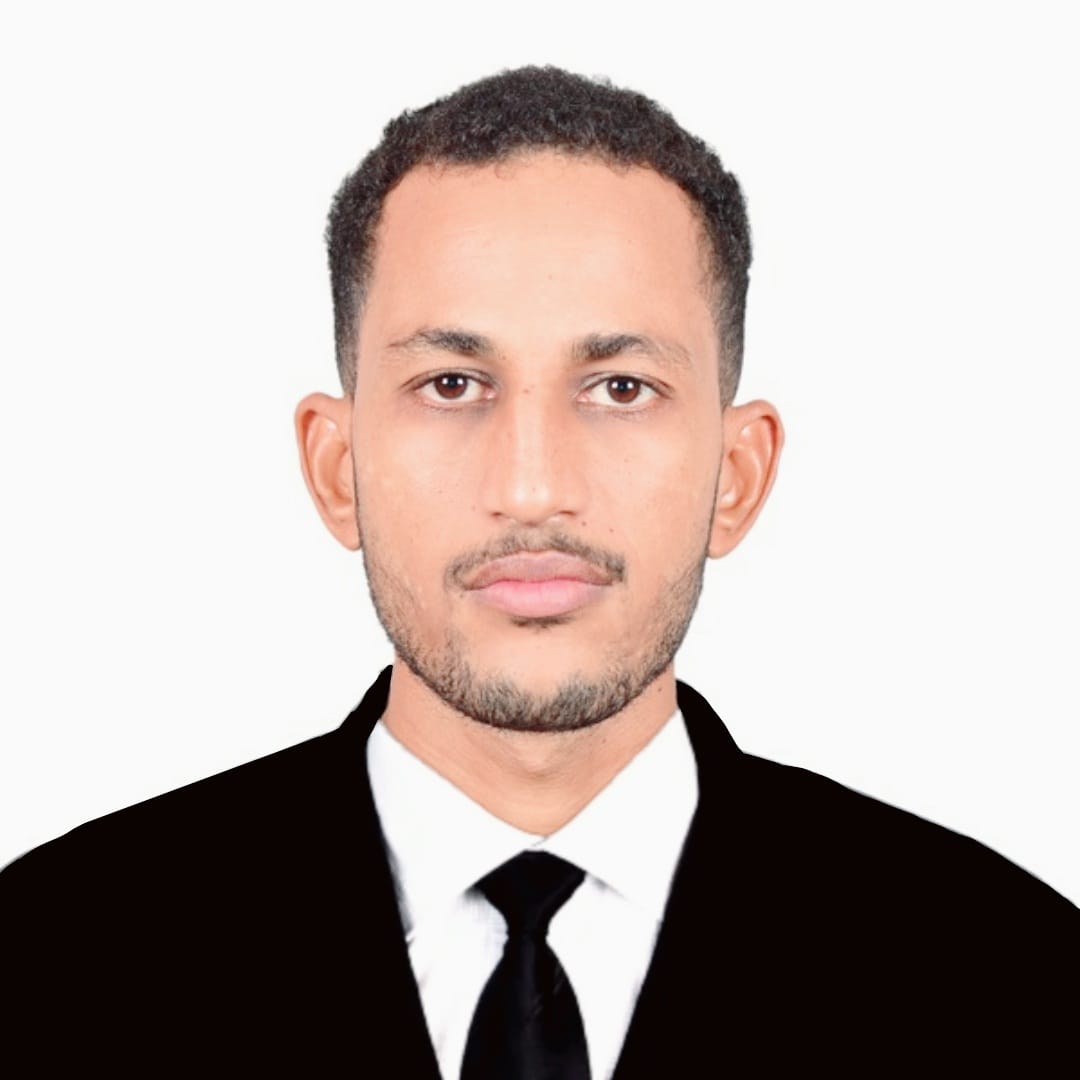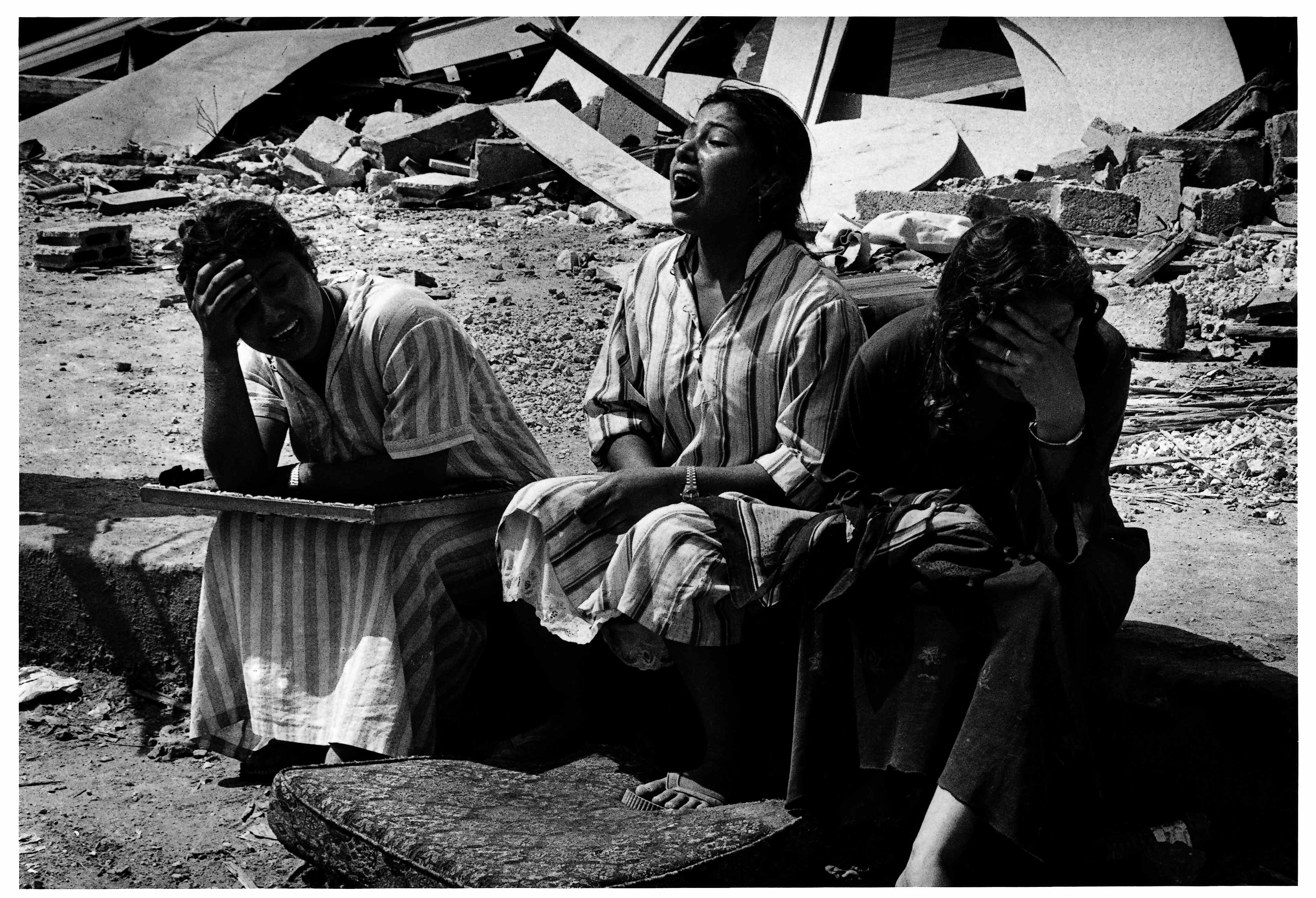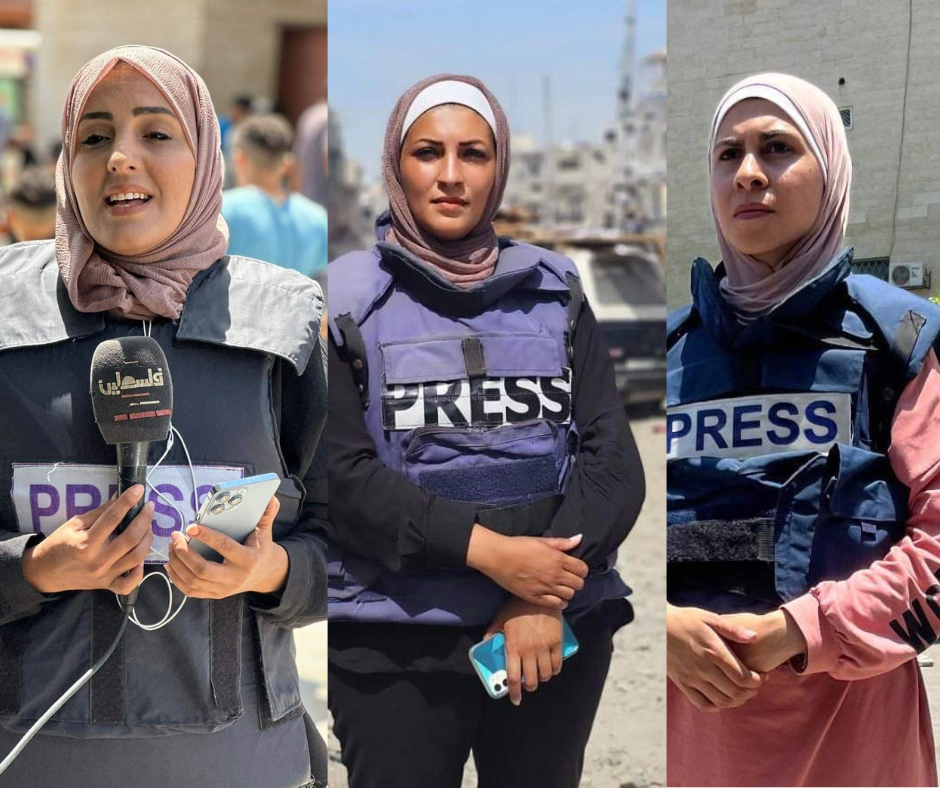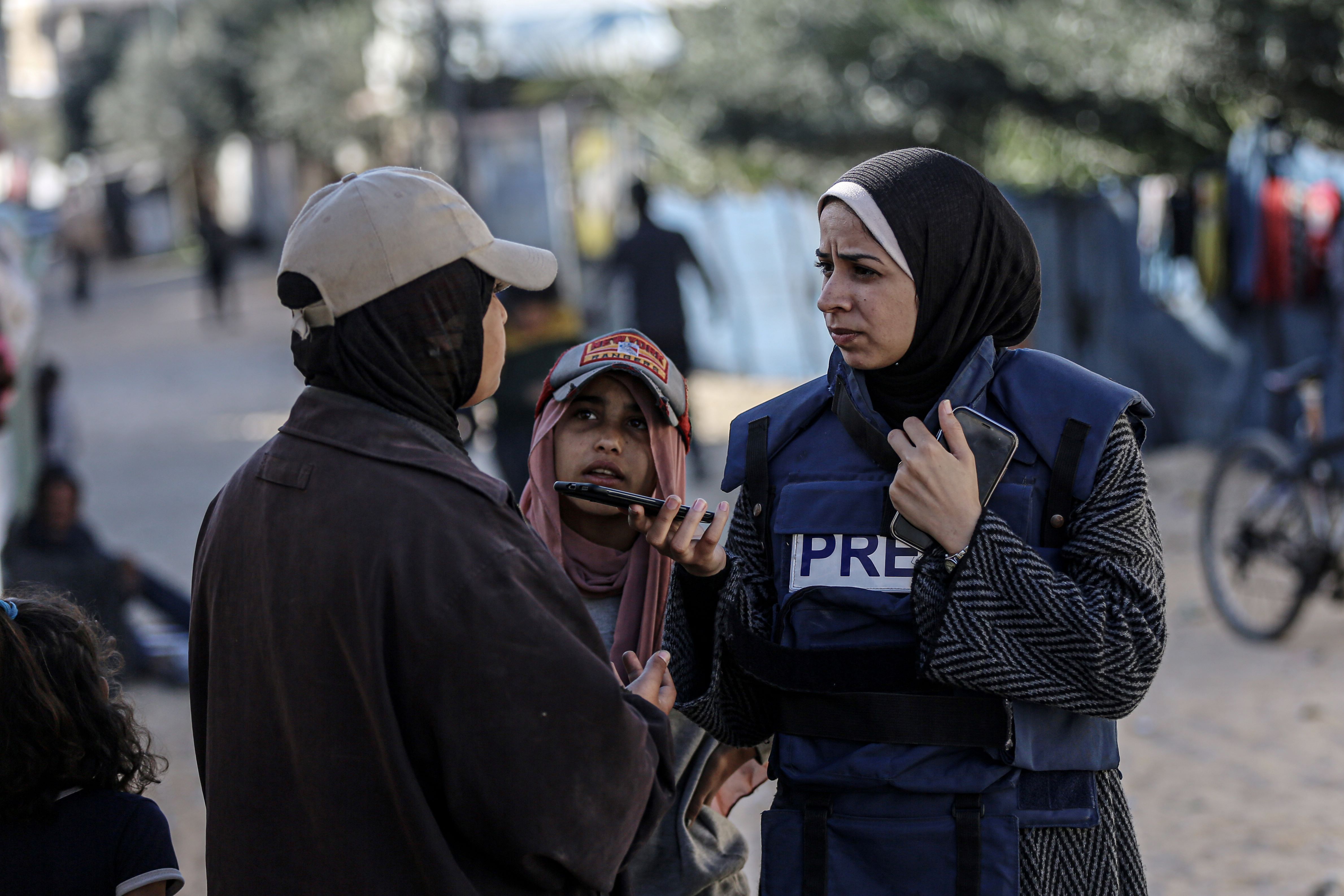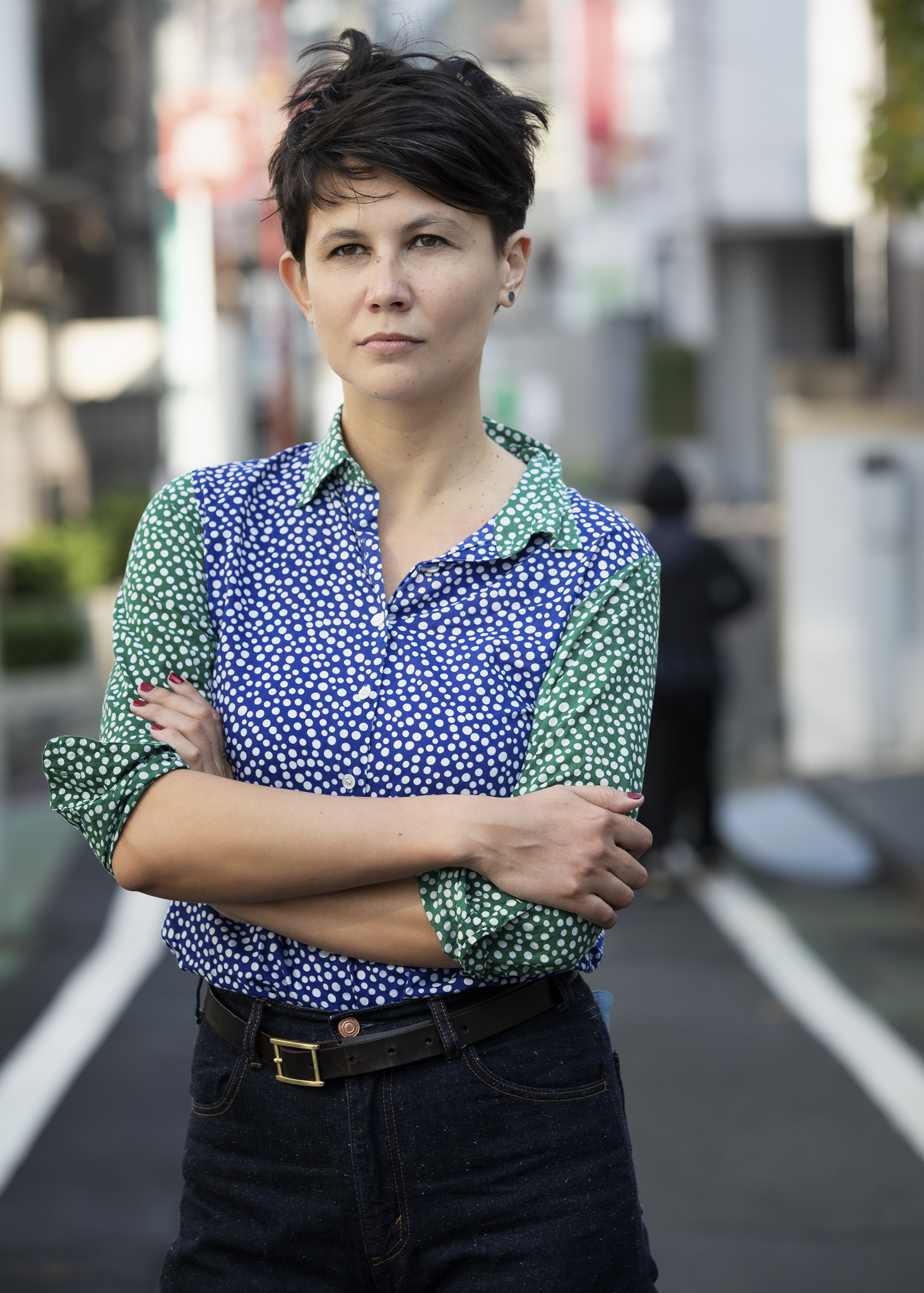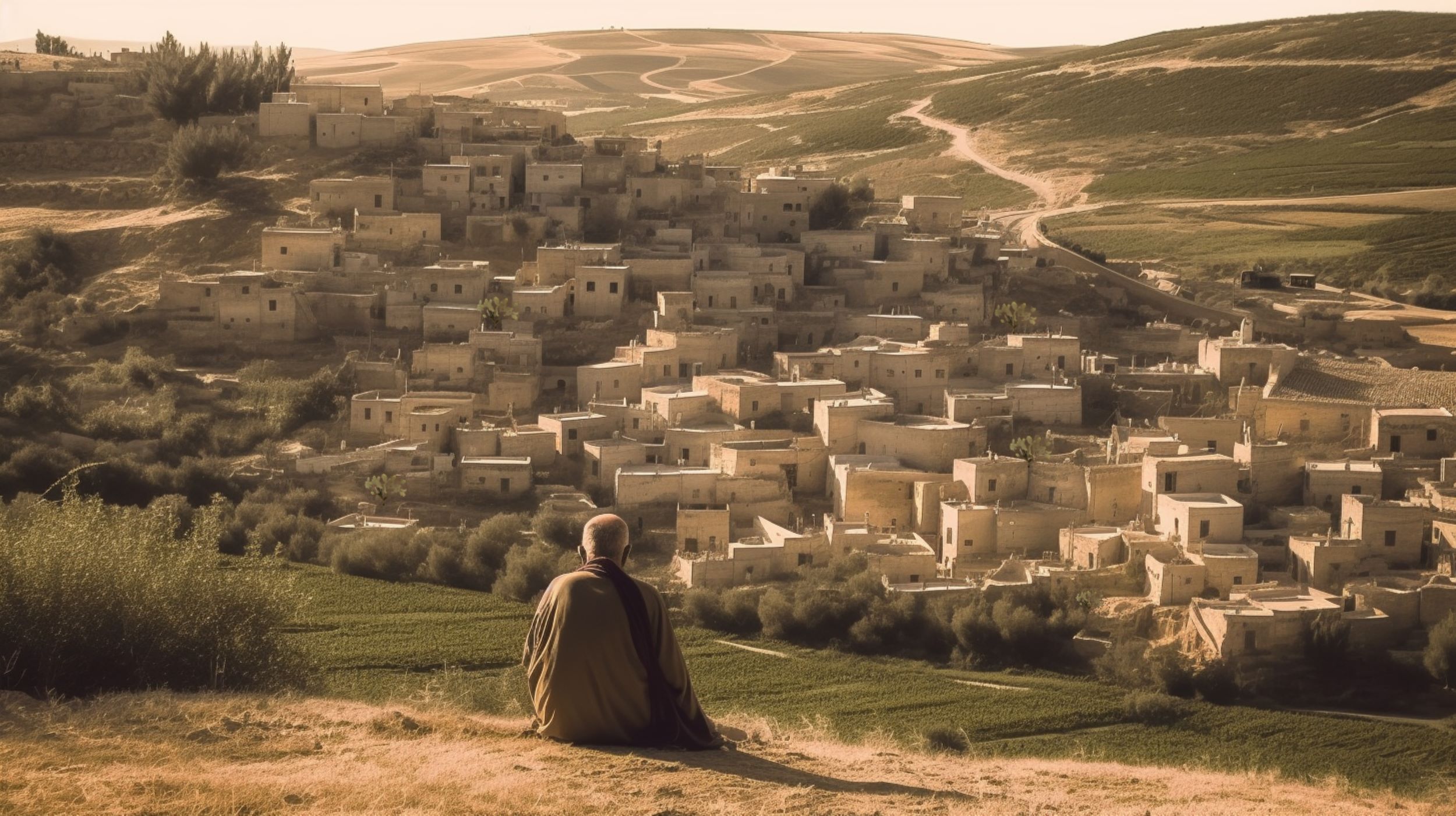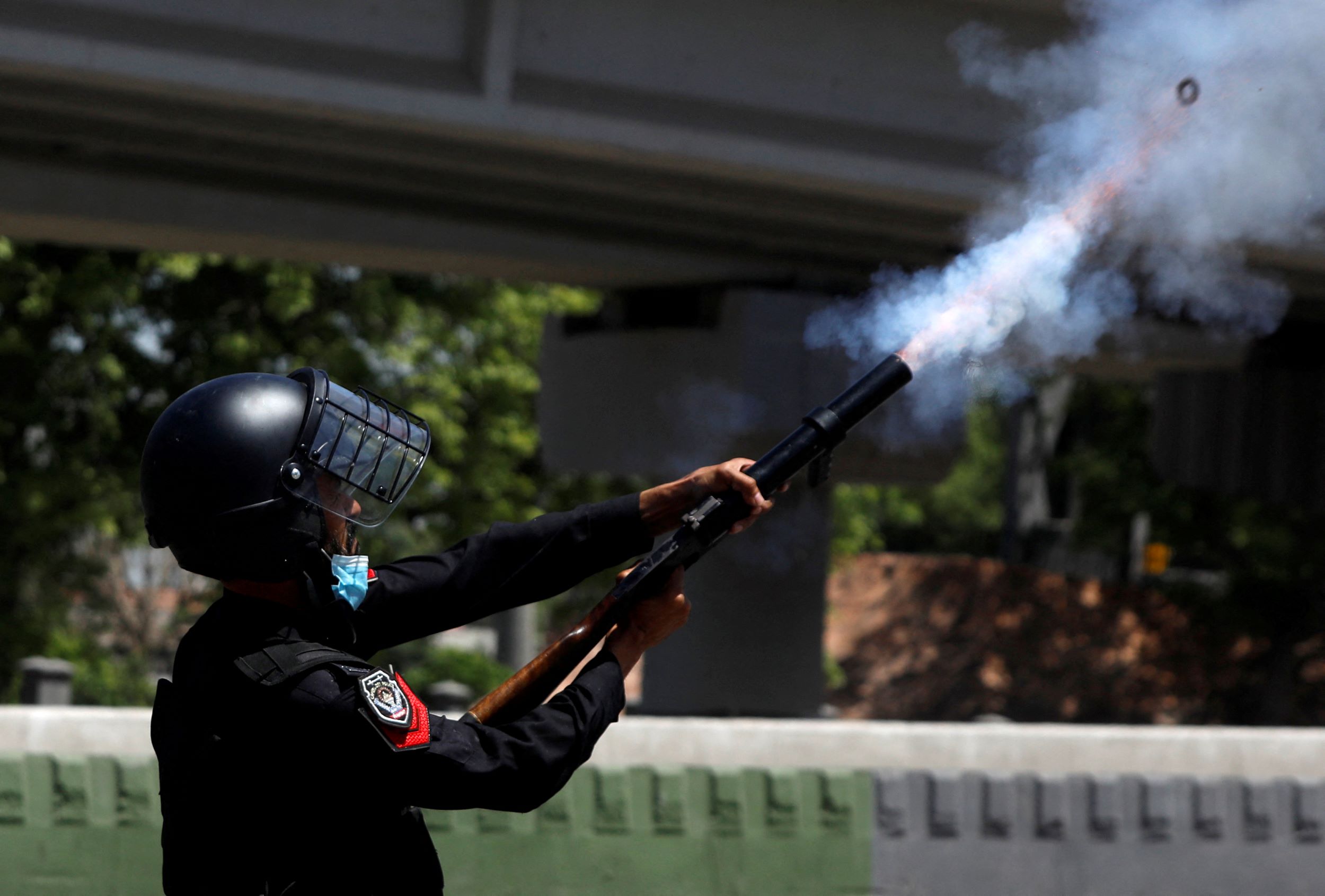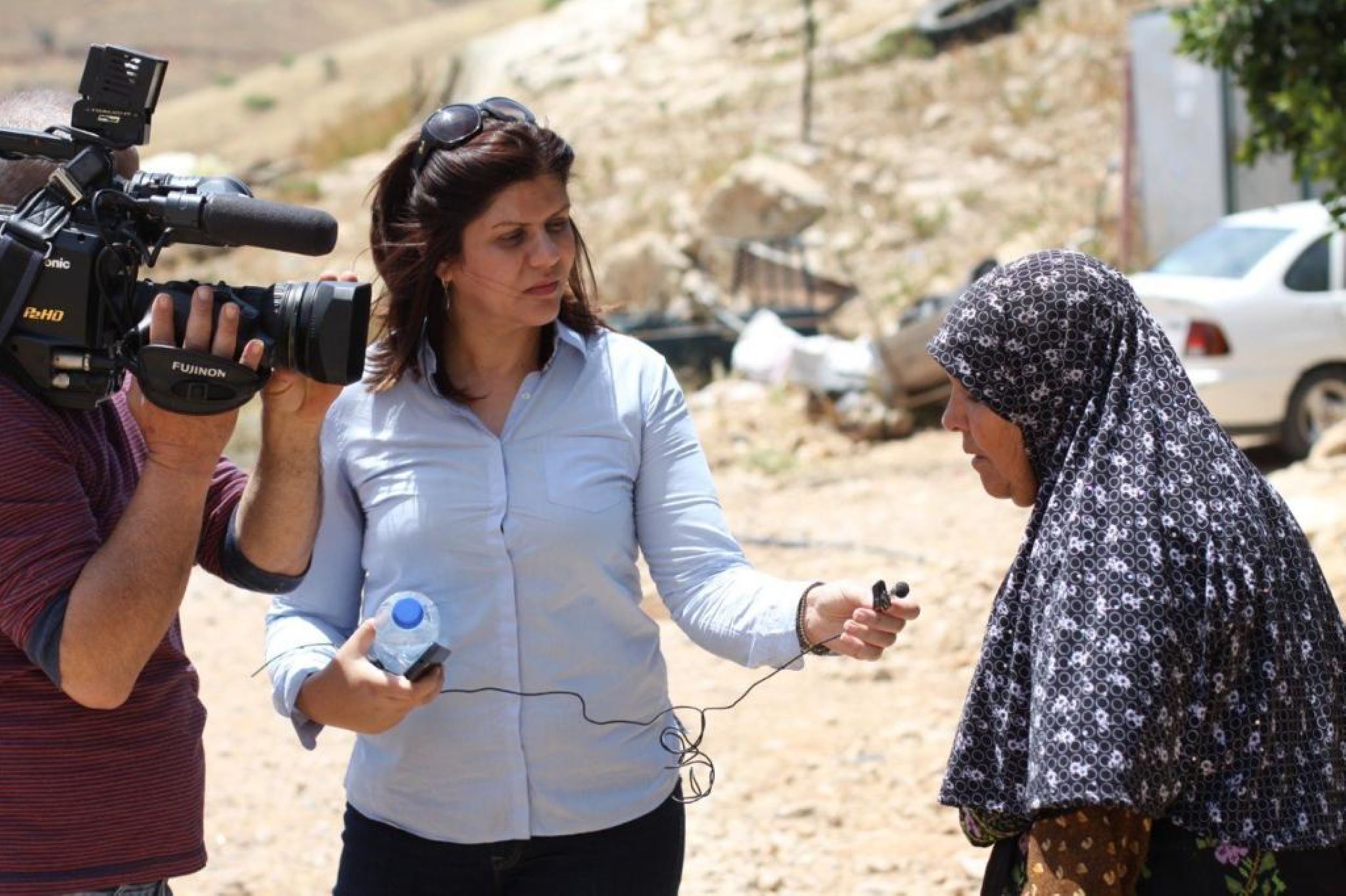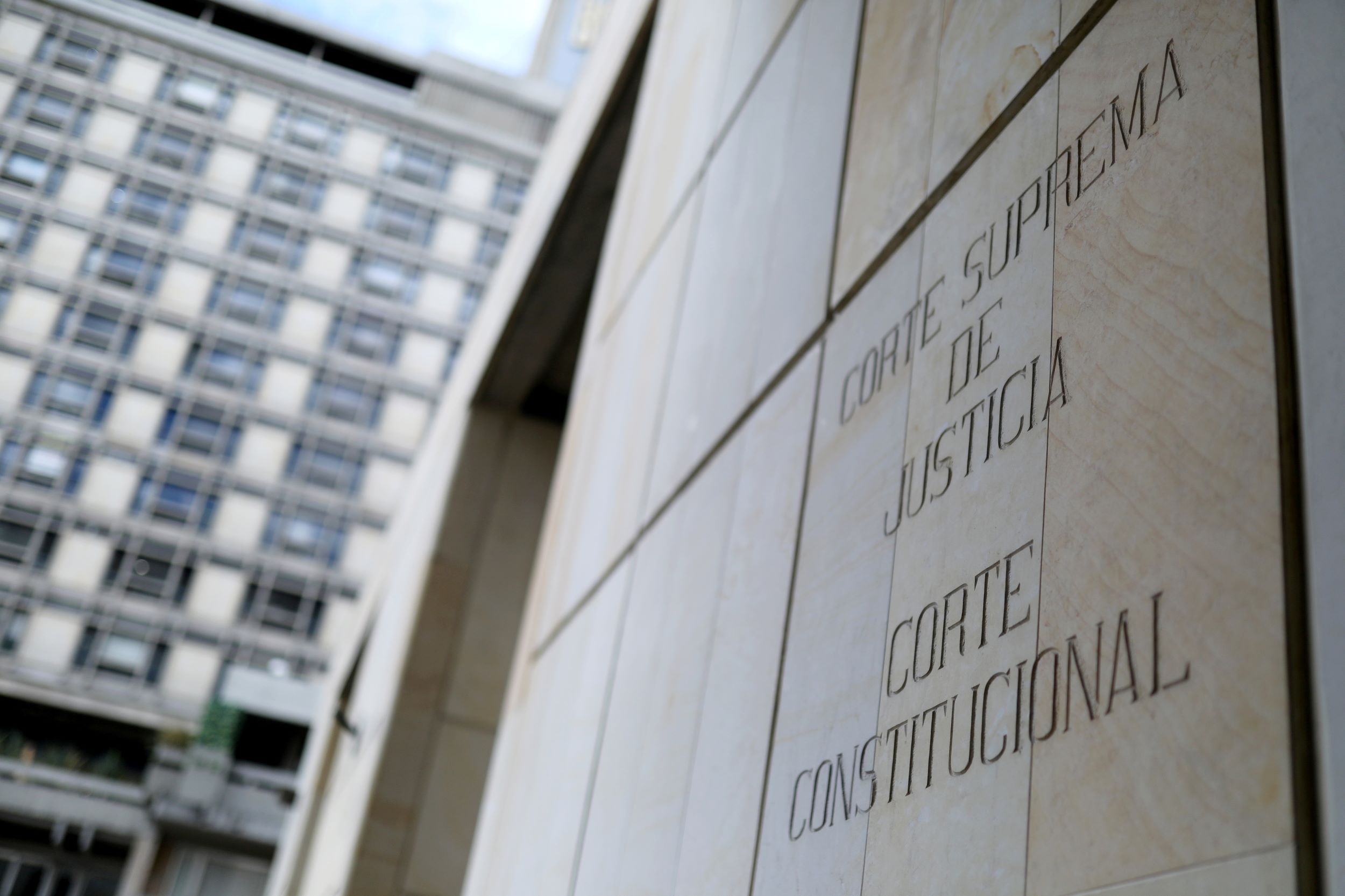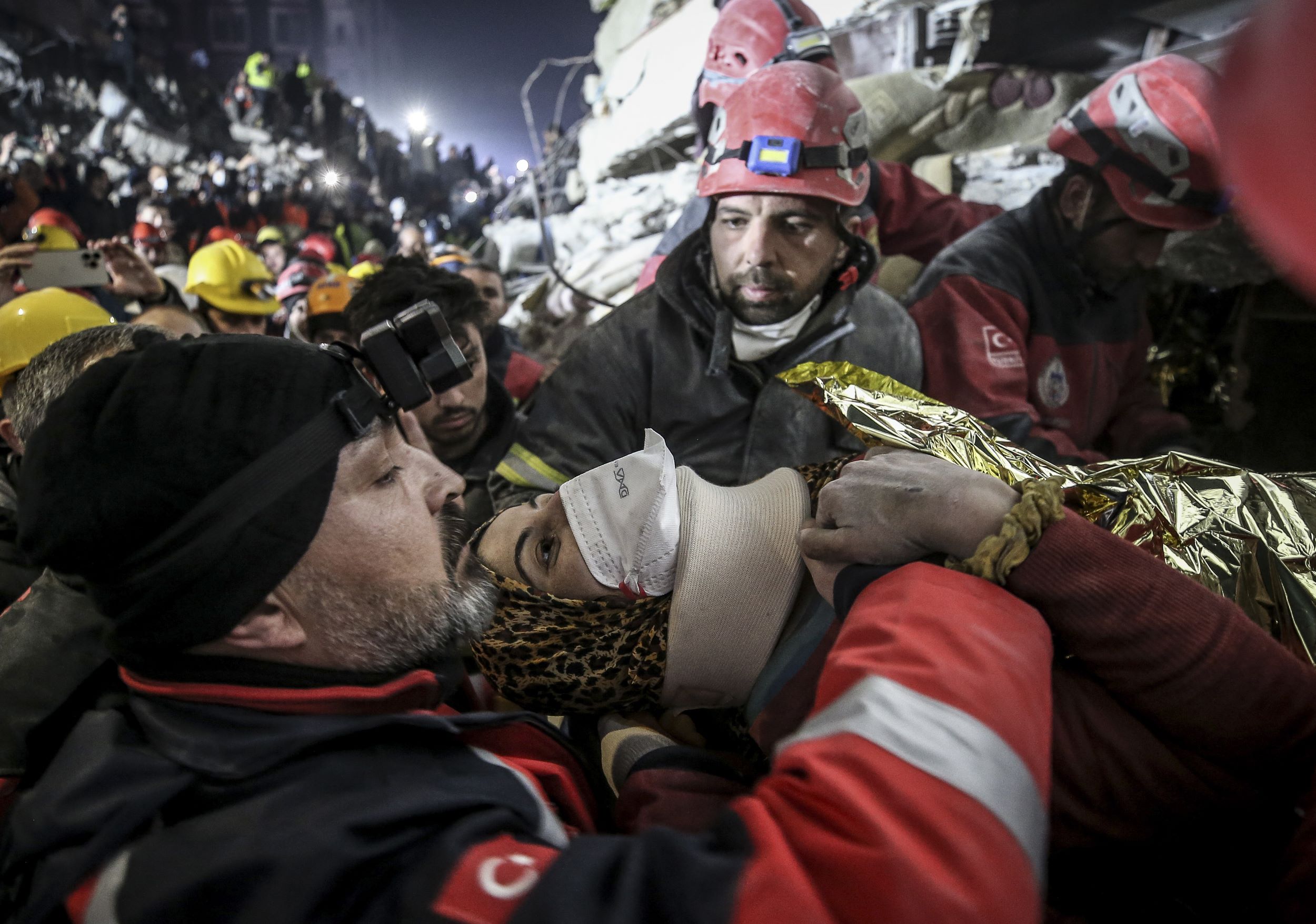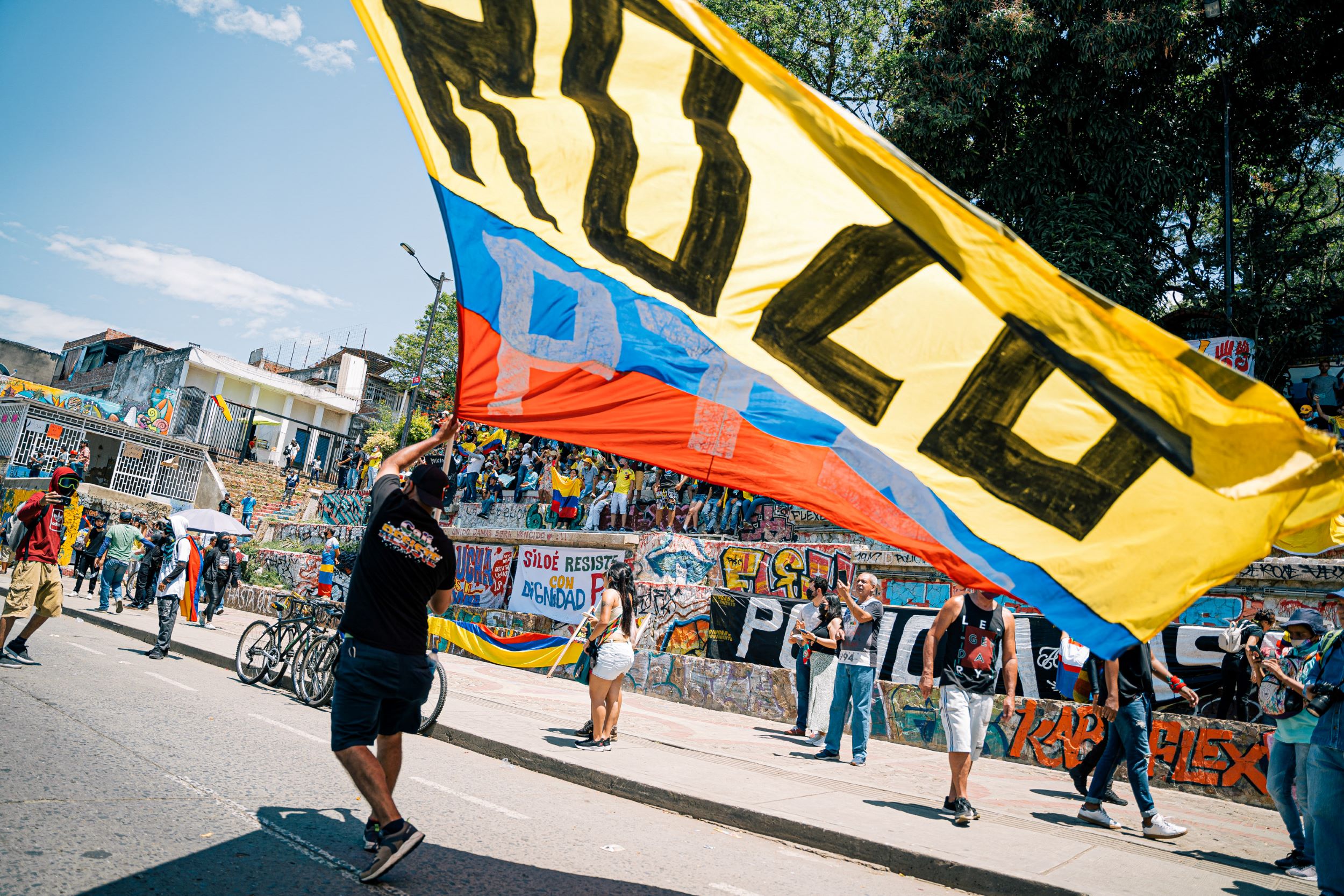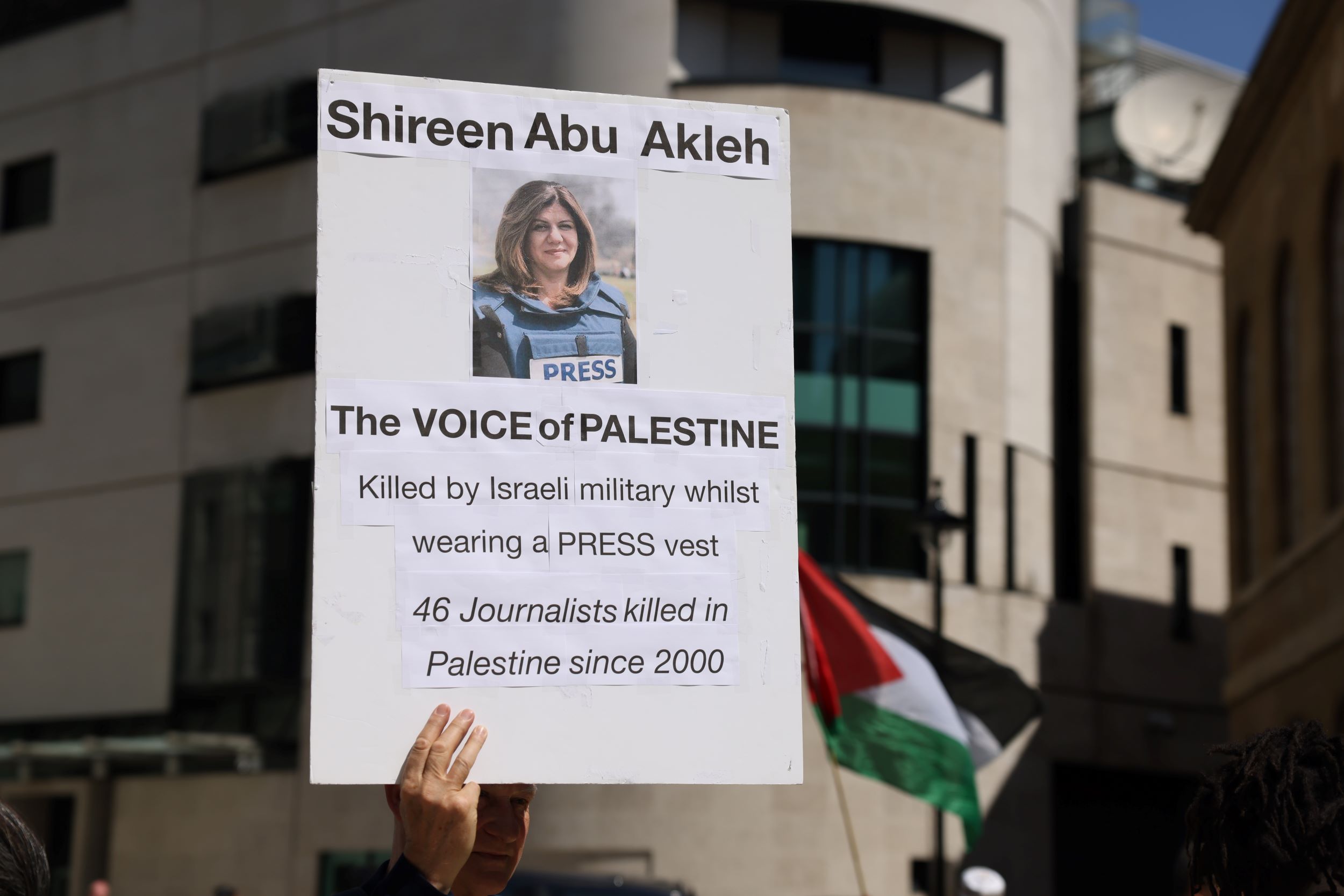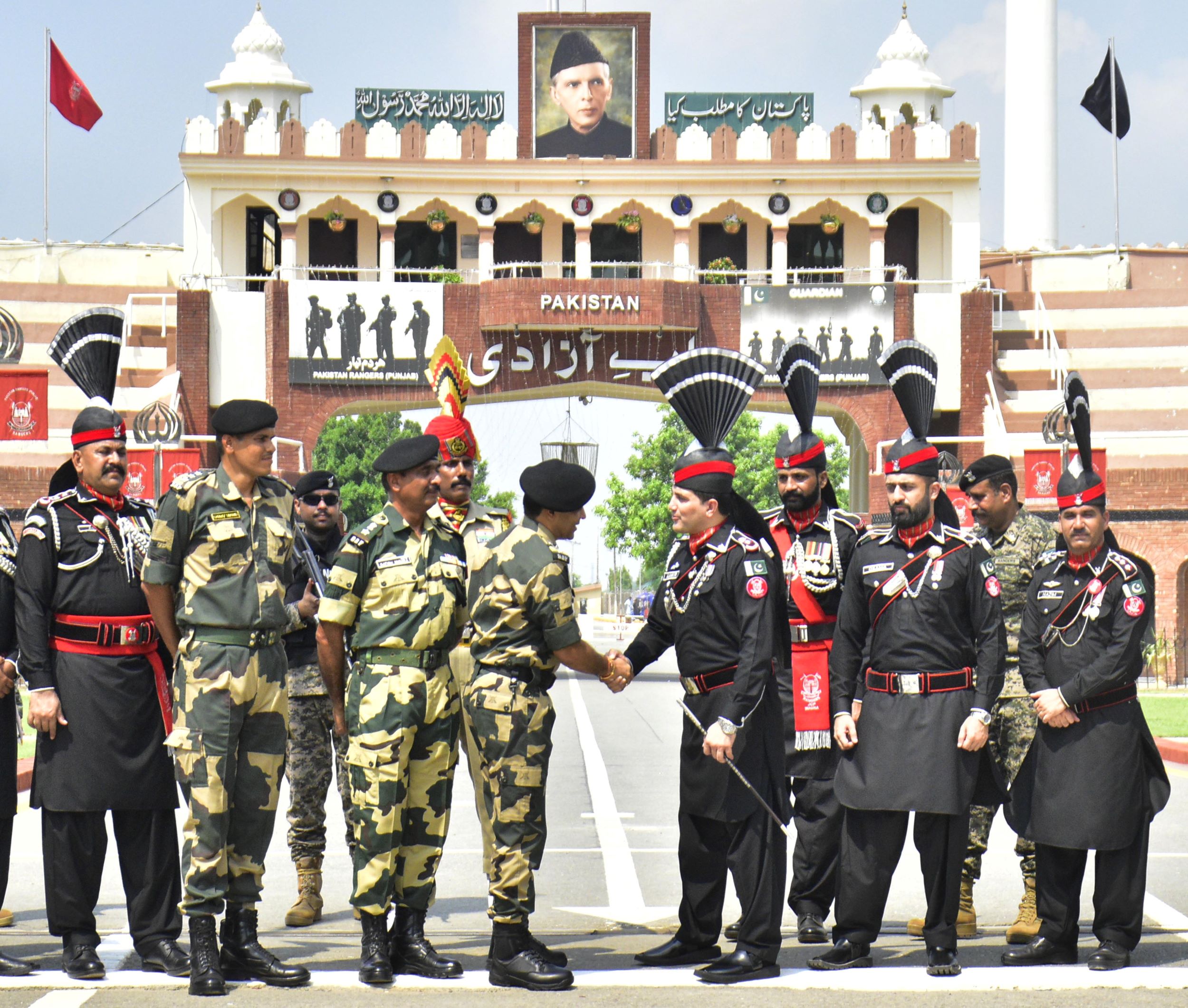في عام 2016، أطلقَ معهدُ الجزيرة للإعلام العددَ الأوَّلَ من "مجلّة الصِّحافة"، وهي أوّلُ مجلّةٍ ومنصّةٍ عربيّة متخصِّصةٍ في مناقشةِ مهنةِ الصِّحافة ومستقبلِها.
وعلى مدى الأعوام الخمسة الماضية، نشرَتِ المجلّةُ قرابةَ 700 مقال، تناولَت مختلفَ قضايا الصّحافة وتطوُّراتِها عبر موقعها الإلكترونيّ، ونشرَت 20 عددًا فَصليًّا؛ بهدف إثراء المحتوى العربيّ الذي يتناول كواليسَ مهنةِ الصِّحافة.
شكّلَت مجلّةُ الصِّحافة -خلالَ هذه السّنوات- ساحةً للنِّقاش بين الصحفيّين حول ممارسات المهنة، طرحُوا من خلالها تصوُّراتِهم عمّا هو كائنٌ في واقع الصِّحافة العربيّة وما يجبُ أن تكونَ عليه.
وهي مساهمةٌ -إلى جانب جهود المؤسّسات الصحفيّة وجهود زملاء المهنة- لتطوير الحِرفة التي ما زالت تواجه تحديّاتٍ كبرى في المنطقة؛ كضعف التأسيس النظريّ، وعجز كلّيّات الصحافة عن مواكبة تطوُّرات المهنة، وضعف الممارسات، وتغوُّل السلطة السياسية التي تمارس شتى أنواع الرقابة كي تغدوَ الصِّحافةُ أداةً لترويج روايتها لا أداةَ رقابةٍ عليها.
تجلّت الحاجةُ لوجود مِنَصّةٍ تُعنى بمناقشة الحرفة، بعيدا عن الاصطفافات السياسية التي عصفت بالصحافة؛ ولا سيما بعد ثورات الربيع العربي التي أحدثَتِ انفراجةً محدودةً في حرية الصحافة. إذ وجد الصحفيون أنفسهم -لأوّل مرّة- أمام تحدٍّ مفصليٍّ لإحداثِ تغييرٍ ما وممارسةِ صحافة موضوعية؛ وخاصّةً أنّ كثيرين مارسوا الصحافة لعقود ضمن نطاق نظام سلطويّ، إلى حدٍّ أصبحوا فيه عاجزين عن التفكير خارجَ هذا النطاق.
من هنا كانَت الحاجةُ مُلِحَّةً لملء الفراغ بنقاش موضوعيٍّ ينطق[SA1] بهموم الجسم الصحفي العربي ويجترح الحلول لمشاكله.
المِنصّاتُ الرَّقْميّةُ والتطوراتُ التقنيةُ التي دخلت على مهنة الصحافة، ساهمت -إلى حدٍّ كبير- في تحرير الصحافة من سطوة المال والسياسة. بيد أنّها -في الوقت نفسه- شكّلَتْ تحدِّيًا أمام زملاء المهنة الذين لم يُواكِبُوا التحوّلاتِ الجديدةَ؛ إمّا لقناعتِهم بأنّ مهنة الصّحافة الحقيقية تتعرّضُ للتّشويه، أو لأنّهم لم يجدوا الفرصةَ المناسبةَ لتمكينهم من التقنيّات الجديدة.
وقد أخذَت مجلةُ الصِّحافة على عاتقها دمْجَ صوتِ الصحفيين والتقنيين المختصين في قلب النقاش في الوسط الصحفيّ؛ للمساعدة على فَهْمِ طبيعةِ هذه التَّطوُّراتِ وآليّات مواكبتِها؛ سعيًا لتحقيق التحوُّل الرَّقْميّ المنشود، والذي أصبح المعركةَ الأساسيّةَ لتحافظَ على بقائها.
نقطةٌ ساخنة
المِنطَقةُ العربيّةُ كانت -على الدّوام- ساحةً ساخنة مفتوحة لتشكيل الخبرات المتنوعة في تغطية الحروب التي لم تنطفئ منذ عقود، وكذلك الثَّوراتُ والثّوراتُ المُضادَّة التي لم تخمد، وملاحقة قضايا الفساد، ورصد انتهاكات السلطة المستمرة.
وقد شهدنا تجارِبَ لمؤسّساتٍ وصحفيّين جديرةً بالدّراسةِ والتّوثيق واستخلاص الممارسات المِهْنِيّةِ والأخلاقيّة منها. وليس مُستغرَبًا أنْ تجدَ العديدَ من الصّحفيّين الغربيّين قد اكتسبُوا شُهرتَهم العالميّةَ بسبب تغطيتهم لأحداثٍ في "الشّرق الأوسط"، واحتكاكِهم بالأحداث المتسارِعة التي تمنحُ الصحفيّين تجاربَ لا يمكنُهم الحصولُ عليها في مكانٍ آخرَ.
مِن هنا أيضًا، أتى دورُ مجلّةِ الصِّحافة، في عكس السّرديّة السّائدة، التي يُغَيَّبُ فيها صوتُ الصّحفيِّ العربيّ عالميًّا عندَ الحديث عن قضاياه. فجُلُّ الإنتاجِ المعرفيِّ حولَ الصِّحافةِ في المنطقة العربيّة كُتِبَ بأقلامِ صحفيّين غربيّين. وبرغم ما في هذا الإنتاج مِن ثَراءٍ معرفيٍّ، إلّا أنّه لا يخلو من قصورٍ في فهْمِ كثيرٍ من السّياقاتِ التي يُعَدُّ الصحفيُّ العربيُّ أقدرَ على فهمِها والتنظير حولها.
كما أنّ الصّحفيَّ العربيَّ لا يُحتفَى بتجرِبتِه -غالبًا- إلّا بعدَ مماتِه أو تحوُّلِه لخبرٍ عاجل على الشّاشات والمِنصّات الرَّقْمِيّة.
مجلّةُ الصِّحافةِ باللُّغة الإنجليزيّة.. تصديرُ سرديّةِ "الجنوب"
بعد 5 أعوامٍ على إطلاق مجلّة الصِّحافة باللُّغة العربيّة، أصبحَتِ الفرصةُ مواتيةً لنقْلِ هذه التّجرِبةِ إلى الجمهورِ النّاطقِ بالإنجليزيّةِ، وفتْحِ نافذةٍ على المُمارَساتِ في المِنطَقةِ العربيّة.
والأملُ معقودٌ بأنْ تُوفِّرَ مجلّةُ الصِّحافةِ باللغة الإنجليزية مِنَصَّةً للصّحفيّين في دول الجنوب (ثقافيًّا وليس جُغرافيًّا)؛ بهدفِ عرْضِ تجارِبِهم ومناقشةِ تحدِّياتِهم، على النَّحْوِ الذي يضمنُ لهم الحصولَ على مَقْعَدٍ في النِّقاشِ العالَمِيّ حولَ حِرْفَةِ الصِّحافةِ، والانخراطَ فيه؛ بدلًا من اتّخاذِ موقف المُتفرِّج الذي لا صوتَ له.
ولأنَّ تحدِّياتِ الصِّحافة العربيّةِ، وصحافةِ الدُّوَلِ "ما بعد الاستعماريّة" بشكلٍ عامّ، لها سياقاتُها وتحدّياتُها التي تختلفُ اختلافًا جوهريًّا عن تحدّيات الصِّحافة الغربيّة؛ فإنّ التّنظيرَ لحلولٍ لتحدّياتِها يجبُ أنْ ينطلقَ من صحفيّيها الذين يواجِهون تلك التّحدّياتِ بشكلٍ يوميٍّ، على عكس كثيرٍ من الصّحفيّين الغربيّين الذين لم يختبروا فكرةَ "الدّولة السّلطويّة" وما تفرضُه من تحدّياتٍ في الوقتِ الرّاهن.






